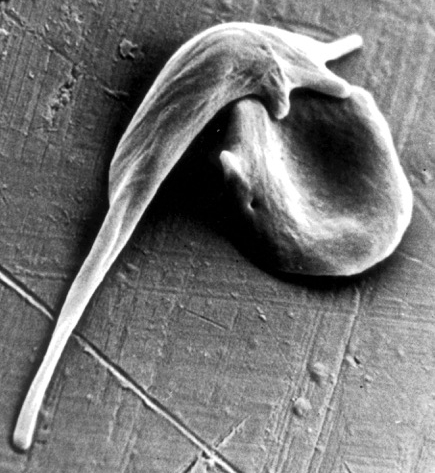Podcast: Play in new window

BOB HIRSHON (host):
Editing out disease. I’m Bob Hirshon and this is Science Update.
The gene editing tool known as CRISPR Cas-9 is getting a lot of publicity because of its precision and ease of use. Now, UC Berkeley cell biologist Mark DeWitt and his colleagues want to use it to treat the blood disorder known as sickle cell disease. They remove some of a patient’s bone marrow cells— the cells that themselve produce red blood cells— and fix the defective gene.
MARK DEWITT (University of California, Berkeley):
A crucial question is whether or not this gene editing treatment is lasting; we edit the cells today, will the edited cells be around to keep you healthy years from now?
HIRSHON:
In the journal Science Translational Medicine, he and his colleagues report that repaired human stem cells transplanted into mice were still functioning months later. They’re now testing for side effects in the mice before moving to human trials. I’m Bob Hirshon, for AAAS, the science society.
